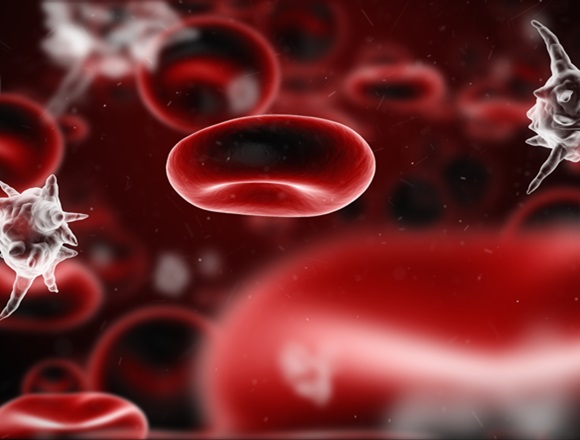Bram Rochwerg, MD, is an intensivist, researcher, and associate professor of medicine at McMaster University. His main focus of research includes resuscitation medicine and intravenous fluid use in sepsis. He works with many international organizations supporting their guideline development projects, including the Canadian Critical Care Society and the Society of Critical Care Medicine.
When to discontinue or de-escalate antibiotics in patients with sepsis?
Bram Rochwerg, MD: I think that there’s great data to support the idea of de-escalation, especially tailored to sensitivities around pathogens. I think we know the importance of starting empiric broad-spectrum antibiotics early on in the setting of septic shock. There’s good data to suggest it reduces mortality. And not only that but picking the wrong drug up front can increase mortality if it doesn’t end up covering the bug that ends up in the bloodstream or at the site of infection. We want an early empiric approach, but as you get your sensitivities, you get your organism, I think narrowing is a good idea based on those and I have no problem with doing it precipitously.
The more challenging scenario is when you don’t culture positive a specific bug, right? And then, when do you de-escalate in those scenarios? There are different approaches out there. Some folks will use biomarkers like procalcitonin or C-reactive protein (CRP) to help guide those decisions. The data when you look at those approaches is relatively mixed, so I don’t tend to use biomarkers to guide my de-escalation of antibiotics in cases that are culture negative but rather probably go based on the patient’s clinical status. If I see a patient is improving, their blood pressure is improving, coming off vasopressors, I’ll be more keen to de-escalate or stop antibiotics more quickly as opposed to patients who are not.
I will say that in the majority of patients, if they’re not improving as quickly as you want, it’s not usually because of antibiotic failure but rather it’s this whole idea that the majority of pathogenesis in sepsis is this dysregulated immune response. We’ve probably killed a lot of that bacteria up front in the first couple of days of antibiotic therapy, but the patient is still sick in a week—not because of the bacteria proliferating but because we’ve enacted this inflammatory cascade that has become out of control in the patient, and in some people that takes days to get better, in some people it takes weeks to get better. Continuing with broad-spectrum antibiotics isn’t going to change that one way or the other.
 English
English
 Español
Español
 українська
українська







